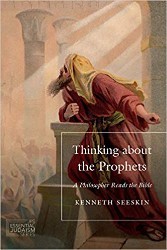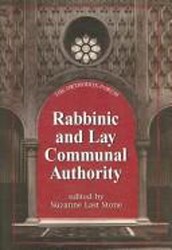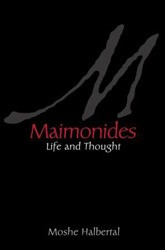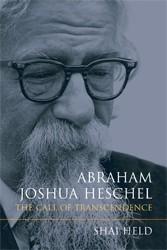Jonathan Sacks is both a philosopher and theologian, and has been Chief Rabbi of the United Hebrew Congregations of the British Commonwealth since 1991. The book under review, The Dignity of Difference, is an important contribution to our understanding of the impact of globalization on the world in the aftermath of September 11. Rabbi Sacks argues that the benefits posed by global capitalism, and the power of technology, represent a historic opportunity to treat diseases on an unprecedented scale, alleviate poverty, defeat ignorance, and eliminate the great disparity between the rich and the poor that he contends has contributed to the current “clash of civilizations” that has pitted Islamic fundamentalism against the West in general and the United States in particular.
Sacks, however, argues that there is a real danger that the market, left to its own devices, will continue to concentrate wealth into fewer and fewer hands. The result, Rabbi Sacks writes, will leave,
“Whole nations destitute…without stable employment, income or prospects. Envy, anger and the sheer sense of injustice are rich soil for the growth of protest, violence and terror…The substitution of market price for moral value renders us inarticulate in the face of the random cruelties of fate.”
He concludes that although we have a global economy, we do not as yet have a global culture, or a coherent vision of global concern.
Framing his work within the context of Judaism, Sacks contends that the Torah has a great deal to offer toward a solution to the present crisis. He argues that unbridled market capitalism that eschews moral concerns, as well as the concept of tzedakah, will only widen the gap between the rich and the poor and create fertile ground for the recruitment of terrorists. He notes that, in Jewish history, God, for the Israelites, was actively concerned with upholding the cause of the oppressed, and “lifts up those who are bowed down.” Rabbi Sacks’ brilliant chapters on education, the environment and the concept of conciliation as a blueprint for tikkun olam are all derived from Judaism.
Although what Sacks writes makes a great deal of sense, he fails to present a practical way his ideas can be implemented. Nevertheless, the book should be required reading for those concerned with the present struggle between Islam and the West and the promises, but also the potential threat, that market globalization represent.





